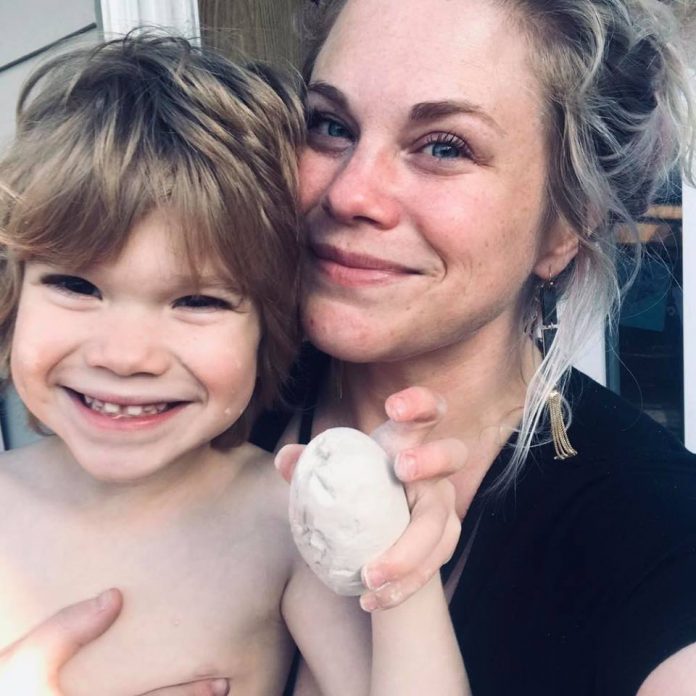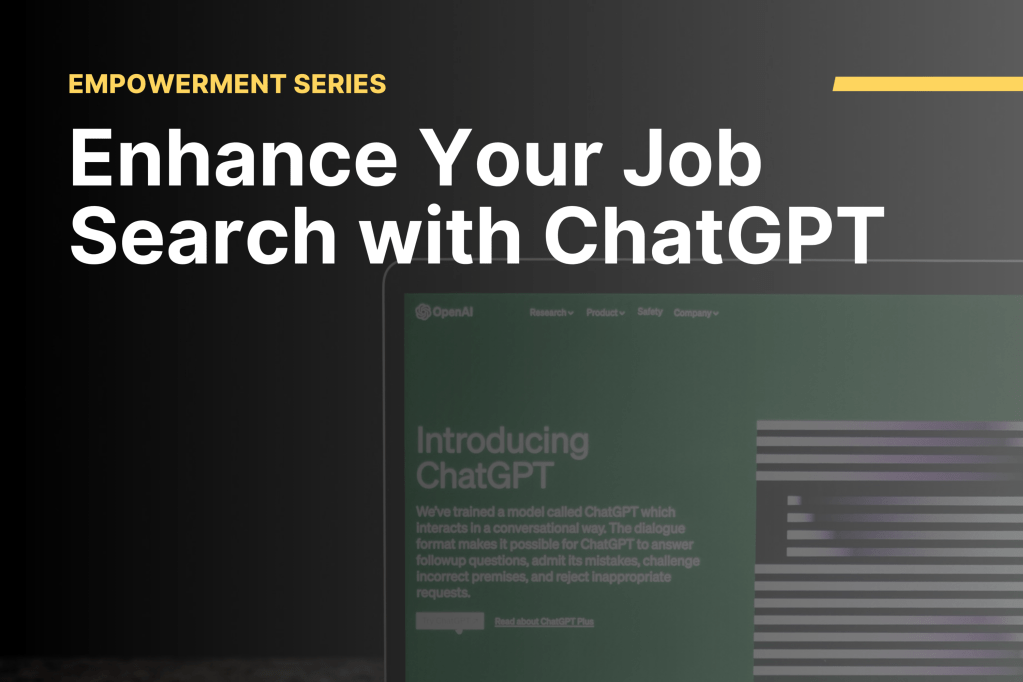
Employer-ready candidates understand how to speak confidently about their technical and transferable skills in ways that sell their professional value to employers. View a more detailed interview prep guide in the Behavioral Interview Prep Guide.
Tell me about yourself.
Think about your past (previous experience and education), present (your current job and how it’s preparing you for this role), and future (why you want the job you’re interviewing for).
What is your greatest strength?
Consider the job description and the required skills in the posting and align them with a skill you’ve mastered.
Why do you want this job? Why did you choose to go into social work?
Demonstrate your research – what about the organization’s mission, values, and population served do you identify with? How do your skills align with this role? Explain why you’re passionate about the social work profession, but avoid getting overly personal. Keep your reply high-level.
What strategies do you use to engage clients?
Lean into any evidence-based modalities you’ve practiced or observed under your supervisor that resonate and explain why you use them or how you would in the future. If you don’t have this experience, draw on your coursework learning to explain what approaches you think work best.
What approach would you take to de-escalate a client?
This question is designed to investigate your clinical conflict-resolution skills. Try thinking about a past experience and the steps/actions you took to resolve it.
What is something your current supervisor would say about you?
Focus on your strengths! It’s even better if it aligns with a quality the job posting lists, like “adaptable” or “flexible.” Try to provide an example.
What do you hope to accomplish as a social worker?
This question seeks your career goals. Share where you see yourself in 5-10 years but make sure it aligns with experience you’d obtain in this specific position and at this organization.
What are your salary expectations?
Use a resource like salary.com to research an appropriate salary range for your location and the job title before interviewing and avoid giving a specific number. Inquire about the range, but rely on your research to demonstrate your value.
Tell me about the most difficult case you’ve worked on.
Don’t be afraid to brag! Use the STAR method (Situation, Task, Action, Result) to tell a story about the scenario and steps you took to resolve the situation.
Tell me about a time when you disagreed with someone over a treatment plan. What was the disagreement, and how was it resolved?
This question probes your approach to teamwork and conflict resolution. Use the STAR method again to explain the situation and the action steps you took to resolve the situation.
Pro Tip: Always keep your answers positive, demonstrate what you’ve learned, and tell a story using the STAR framework (Situation, Task, Action, and Result) for behavioral questions so you can provide details about your accomplishments.




